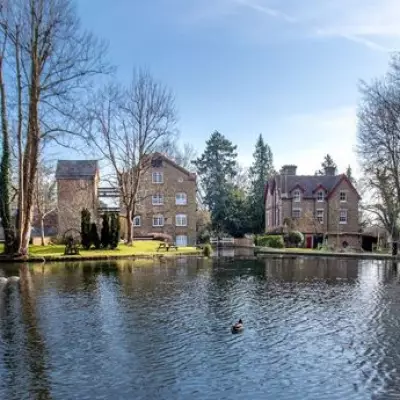
A profound transformation is sweeping through Britain's housing market as young people consciously abandon the traditional pursuit of a 'forever home' in favour of a more flexible, experience-driven lifestyle.
The End of an Era
For generations, property ownership represented the ultimate life goal - a symbol of stability and success. However, new research reveals this deeply ingrained aspiration is rapidly losing its appeal among millennials and Generation Z, who are rewriting the rulebook on what constitutes the 'good life'.
Why Flexibility Trumps Foundations
Several powerful factors are driving this cultural shift:
- Financial pragmatism: With soaring house prices and stagnant wages, many young people simply cannot afford to buy, making rental flexibility a practical necessity
- Career mobility: The modern workforce demands geographical flexibility, with job opportunities often requiring relocation at short notice
- Lifestyle priorities: Experiences, travel and personal fulfilment are increasingly valued above property ownership
- Reduced commitment: The freedom to move without being tied to a mortgage appeals to a generation wary of long-term obligations
The New British Dream
This isn't merely about financial constraints forcing a compromise. Many young Brits are actively choosing this path, viewing the traditional housing ladder as more of a burden than an aspiration. The dream has shifted from owning property to owning one's time and mobility.
Market Implications
This generational attitude shift is creating ripple effects throughout the property sector. Demand for flexible rental agreements is surging, while developers are rethinking housing designs to accommodate more transient lifestyles. The very concept of what constitutes 'home' is being redefined before our eyes.
As one young professional noted, 'I'd rather have the freedom to chase opportunities across the country than be anchored to one place by a mortgage. That, to me, is true wealth.'





